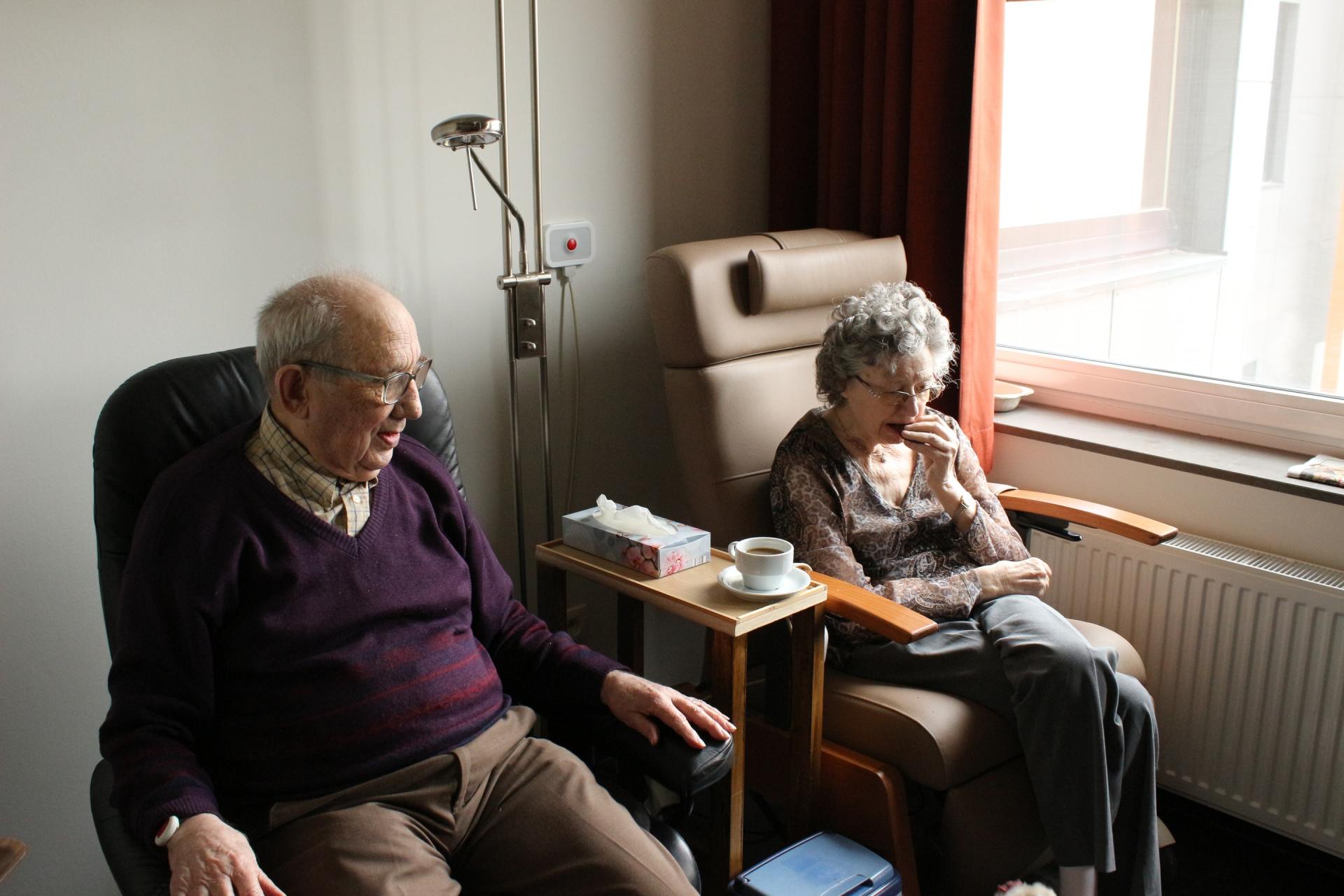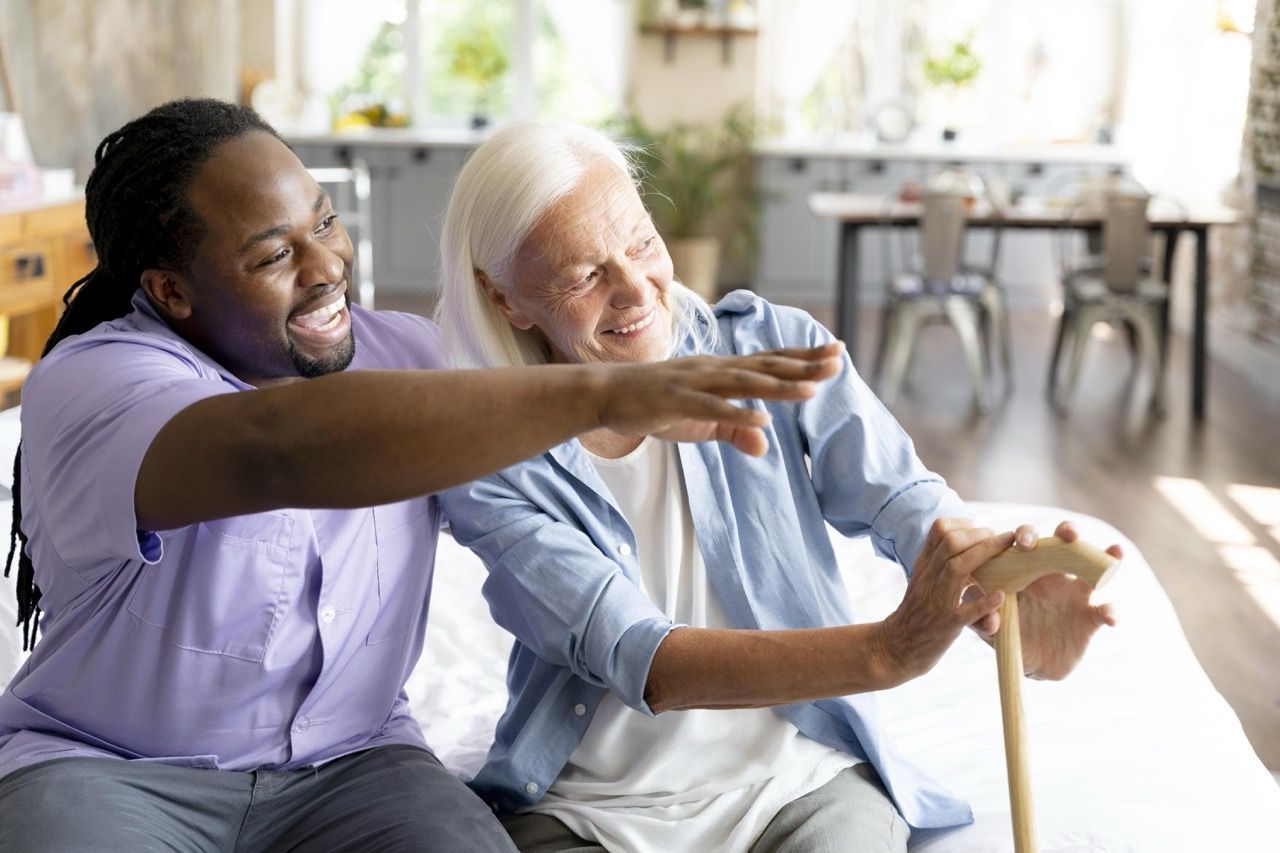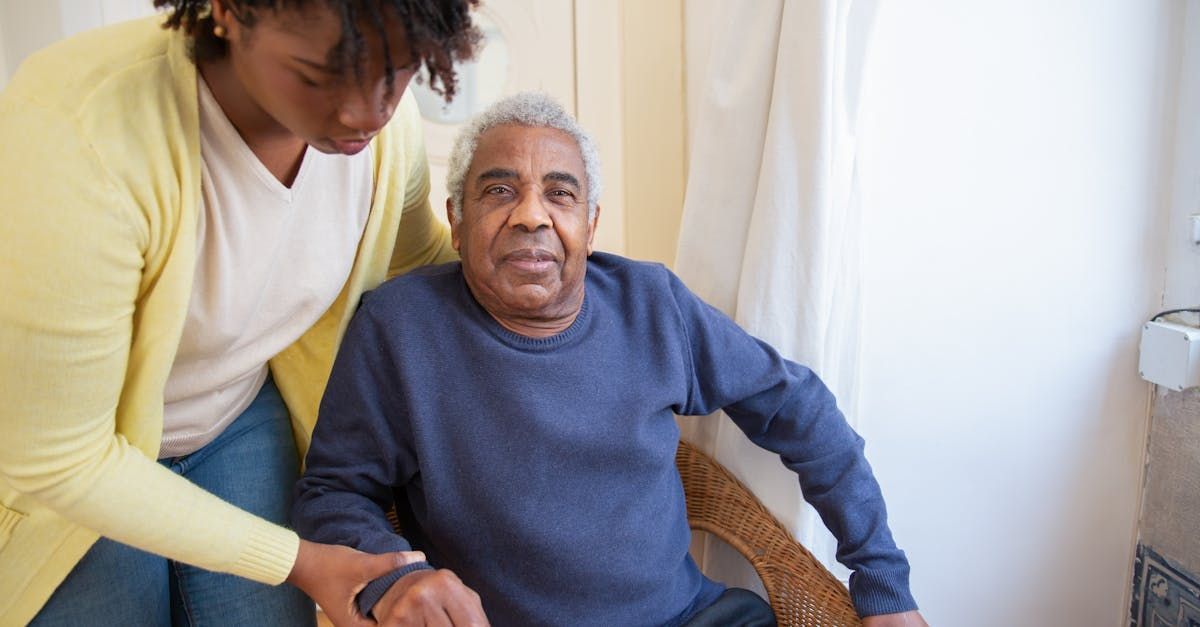Pros and Cons of Caring for Your Loved One at Home During COVID-19
Baby boomers are the sandwich generation. We are just retired or have just a few years left. Many of us still have kids at home or in post-secondary school. And most of us have one or both parents who need our care. We are sandwiched between dependent children and dependent parents. It is a heavy load to bear.
Our parents are important to us. Thankfully, there are a number of options for senior care. Long term care facilities are available for your loved ones if care needs are extreme. Dementia and extreme medical concerns are hard to manage.
Even so, increasing numbers of families are opting to care for their elderly loved ones at home. The recent pandemic and the large number of viral outbreaks in long term care homes have made home care the logical choice for many families.
Caring for the elderly at home, however, is not a choice that should be taken lightly. The responsibilities are huge. The present environment of the COVID-19 pandemic is creating even more challenges for home care.

Home Care and COVID-19
According to Health Canada, the COVID-19 virus increases the risk of more serious illness for Canadians who:
- Are aged 65 and over
- Have compromised immune systems, or
- Have underlying medical conditions
The elderly fall under all of those conditions so they are at extreme risk.
Pros and Cons of Home Care During COVID-19
There is the good and the bad regarding home care for the elderly during this pandemic. Let’s face it, a pandemic is super stressful for everyone. There is lots of uncertainty. Even pharmacies were doling out prescriptions only one month at a time just in case they ran into supplier issues.
We all want what is best for our older loved ones. But there are some serious considerations to look at when making the choice of keeping them in their own home or choosing a long term care facility.
Let’s look at the positive first:
- You can choose care methods that both you and your loved ones prefer. This also allows more independence in providing for their essential needs and demands.
- It has the distinct advantage of giving you quality time with your elderly loved ones while caring for their daily needs.
- With familiar surroundings, they don’t have to adapt to changes in their environment and learn to communicate with the variety of people assigned to care for them.
- You can still have access to social service support when you need it.
There are however, a number of negative aspects to home care:
- It can be difficult to cope with the difficulties of caring for an elderly individual if you live away from relatives or other family members that could provide assistance.
- There are other areas to look into aside from the physical care and assistance provided:
- housekeeping,
- shopping,
- assistance in grooming or bathing,
- taking care of their finances
- You might need to modify the features and arrangements within the house in order to make it more convenient for you to provide their care.
- You are still responsible for managing your own household and may contract the virus unknowingly meaning you could unintentionally infect your loved one.
- Making sure you have the required personal protective equipment (PPE) is expensive and not always possible. Health care workers often have difficulty getting access to such equipment.
- Following all safety protocols like wearing PPE, washing your hands and your loved ones, sterilizing surfaces you’ve had contact with, making sure your loved one stays home and does not wander if they are alone for parts of the day are exceedingly worrisome and provide a great deal of stress.
- Most programs for seniors are closed during the pandemic. They cannot have visitors or go visiting friends so keeping them stimulated from lack of social contact is hard when you can’t be there 24 hours per day.
- Access to the extra social service supports is more difficult during the pandemic as these agencies must follow social distancing and safety protocols also and may be short staffed.
A Care Plan Compromise
For most families, family provided care paired with professional care from a reputable service offers the best plan. Family members must make sure they do not suffer from burnout. Many caregivers are still working and many have children they are supporting. A combination of family support and professional care can provide the best solution for allowing their loved ones to remain in their own home as long as possible.
LiveWell Pathway Private Home Care Services Can Help
Fortunately, LiveWell Pathway can provide services that can help you during this trying pandemic to keep your loved one comfortable at home. We are there for all of your needs if you find overwhelm taking over. And we have ensured safe practice during this pandemic by adhering to all Health Canada regulations and suggestions.
We understand your very valid concerns. It is scary trusting other people taking care of your loved ones. Will they wear PPE to keep them safe? How can my loved ones be kept mentally stimulated during this time of social isolation? Can they keep their medical needs met when seeing doctors is not always possible and phone consultation is not enough?
LiveWell Pathway can professionally address all of your concerns. We provide:
Read more about all of our available services.
Get peace of mind and reduce your stress level by sharing the responsibility of caring for your loved ones with well trained, professional workers at LiveWell Pathway who will treat them like their own family.




